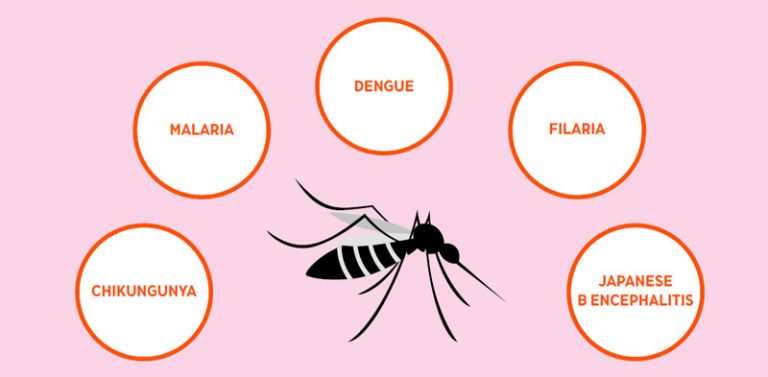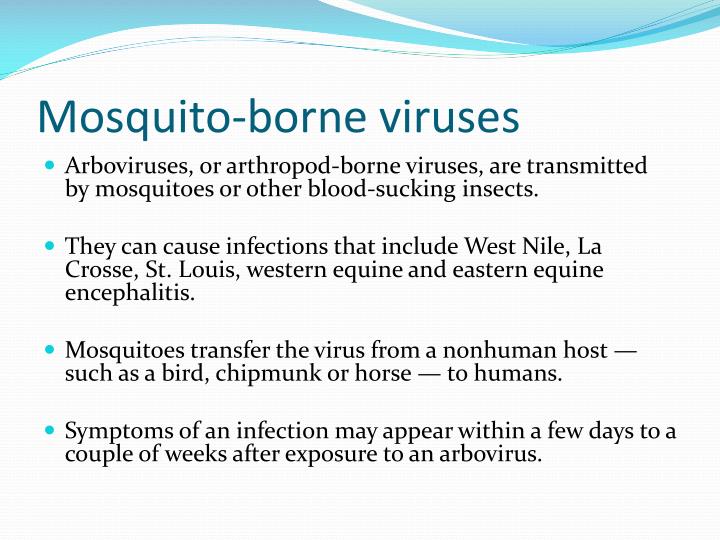Current News on Mosquito-Borne Viruses in New England
As the summer of 2024 draws to a close, New England is facing a significant public health concern due to the resurgence of mosquito-borne viruses, particularly Eastern Equine Encephalitis (EEE). This rare but potentially deadly virus has prompted health officials across the region to issue warnings and take preventive measures to protect residents.
Overview of the Situation
Recent reports indicate that EEE has been detected in multiple states across New England, including Massachusetts, New Hampshire, and Vermont. The situation has escalated to the point where health officials are on high alert, especially after the confirmation of a fatality linked to the virus. A 41-year-old man in New Hampshire succumbed to the illness, marking the first reported case of EEE in the state in a decade. This tragic event has heightened concerns about the virus's spread and its potential impact on public health.
Key Developments
Confirmed Cases and Fatalities:
- The death of the New Hampshire resident has been a wake-up call for health authorities. This case is part of a broader trend, with at least two other individuals in the Northeast also reported to have contracted the virus.
- Massachusetts has reported a second confirmed case of EEE in a woman in her 30s, further underscoring the urgency of the situation.
Preventive Measures:
- In response to the rising threat, towns such as Plymouth, Massachusetts, have taken drastic measures by closing public parks and fields from dusk to dawn. This decision aims to minimize human exposure to mosquitoes during peak biting hours and allows for aerial spraying of insecticides to control mosquito populations.
- Health officials are advising residents to take precautions, such as staying indoors during dusk and dawn, using insect repellent, and wearing protective clothing.
Public Awareness Campaigns:
- Various health departments are ramping up public awareness campaigns to educate residents about the risks associated with EEE and other mosquito-borne diseases. This includes information on how to recognize symptoms and when to seek medical attention.

The Science Behind EEE
Eastern Equine Encephalitis is a viral disease transmitted by mosquitoes, primarily affecting horses and humans. The virus can lead to severe neurological complications and has a high mortality rate among those infected. Symptoms may include fever, headache, and neurological issues, which can escalate rapidly.
The resurgence of EEE in New England is attributed to several factors, including climate change, which has created more favorable conditions for mosquito breeding. Warmer temperatures and increased rainfall contribute to larger mosquito populations, thereby increasing the risk of virus transmission.
Regional Response
Health officials across New England are collaborating to monitor the situation closely. The Massachusetts Department of Public Health and other agencies are conducting surveillance to track mosquito populations and test for the presence of EEE and other viruses. This proactive approach aims to mitigate the impact of the virus and prevent further infections.
Community Impact
The impact of EEE is not just a health concern; it also affects local economies and community activities. The closure of parks and recreational areas limits outdoor activities for families and can have economic repercussions for businesses that rely on tourism and outdoor events.

Conclusion
As New England grapples with the threat of EEE and other mosquito-borne viruses, it is crucial for residents to stay informed and take necessary precautions. The collaboration between health officials, community leaders, and residents will be vital in combating this public health challenge.
For more detailed information, residents can refer to the following resources:
By staying vigilant and informed, communities can work together to reduce the risks associated with mosquito-borne diseases and protect public health.



